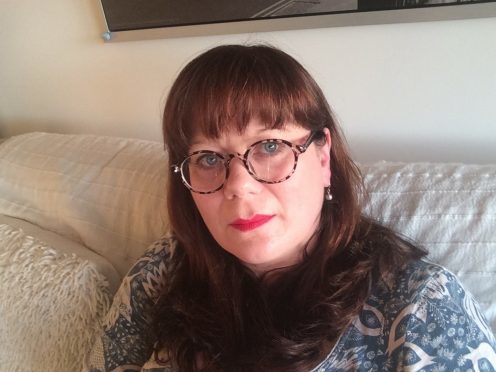NHS Highland has spent £160,000 on external consultants since April in a bid to clear a backlog of cataract operations in the region, it can be revealed.
The figure was released to Highlands and Islands Labour MSP David Stewart by the health authority.
Mr Stewart had questioned the long waiting times for cataract patients after being contacted by an 80-year-old who was told it could take 11 months before the procedure could be carried out at Raigmore Hospital in Inverness.
And earlier this year the case of 48-year-old Elaine Hanby, from Nairn, was raised at First Minister’s questions. Ms Hanby had faced a wait of 12 months for a consultation and finally underwent an operation in March.
To help clear the backlog, NHS Highland confirmed it had spent £29,205 for the financial year 2016/17 and a further £160,285 for the current financial year to date.
Mr Stewart said there are also 54 cataract procedures planned at a private hospital in Glasgow “which will add considerably to the bill”.
He added: “While I can’t fault NHS Highland for trying to clear the backlog, it is very concerning that these procedures are being out-sourced to private health services and it appears that this will continue until the hospital can get more facilities such as new theatre space.
“The Scottish Government needs to invest more resources into the health service so that more professionals can be employed locally.”
An NHS Highland spokeswoman said: “We accept and understand that we have a lack of capacity currently within the ophthalmology department to undertake all the activity that we would wish due to a growing elderly population and significant staffing issues over the past year at both consultant and optometrist level.
“As a result of this, through joint discussion with Scottish Government, funding has been provided to allow us to bring external organisations to Raigmore to enable cataracts to be assessed and treated locally.
“This activity is carried out at weekends and has significantly improved the quality of life for a large number of patients within NHS Highland.
She added: “A small number of patients have elected to have their surgery in the private sector. This is a contract which has been set up at national level which all NHS Boards can use.
“The elective care centre will provide significant additional theatre and outpatient capacity which will also allow us to modernise our clinical pathways to allow development of different ways of working, including the further development of virtual clinics. This will further reduce waiting times.”
Ms Hanby said: “It is a false economy not to do these operations on time as it was having an impact on social care. It was leaving people housebound as they were unable to drive and the transport infrastructure in the Highlands is not in place. I am glad the waiting times is being progressed with extra money from the Scottish Government.”
A Scottish Government spokesman said: “To ensure our NHS meets the changing needs of the people of Scotland we’re taking a twin approach of investment and reform. That’s why we’re creating a new £200 million network of elective treatment centres to deliver high-quality and adequate provision of elective care services across Scotland.
“Five new elective and diagnostic treatment centres will be created in Inverness, Aberdeen, Dundee, Livingston and Edinburgh, and at the Golden Jubilee in Greater Glasgow.
“The new centre in Inverness is progressing, with an outline business case for the project, with an estimated cost of £27 million, to be submitted in the near future.
“The new centre is planned to have 30 beds, three theatres as well as day case and outpatient facilities with the capacity to carry out 1,800 hip and knee procedures, 4,200 cataracts and 45,000 outpatient attendances each year.”
